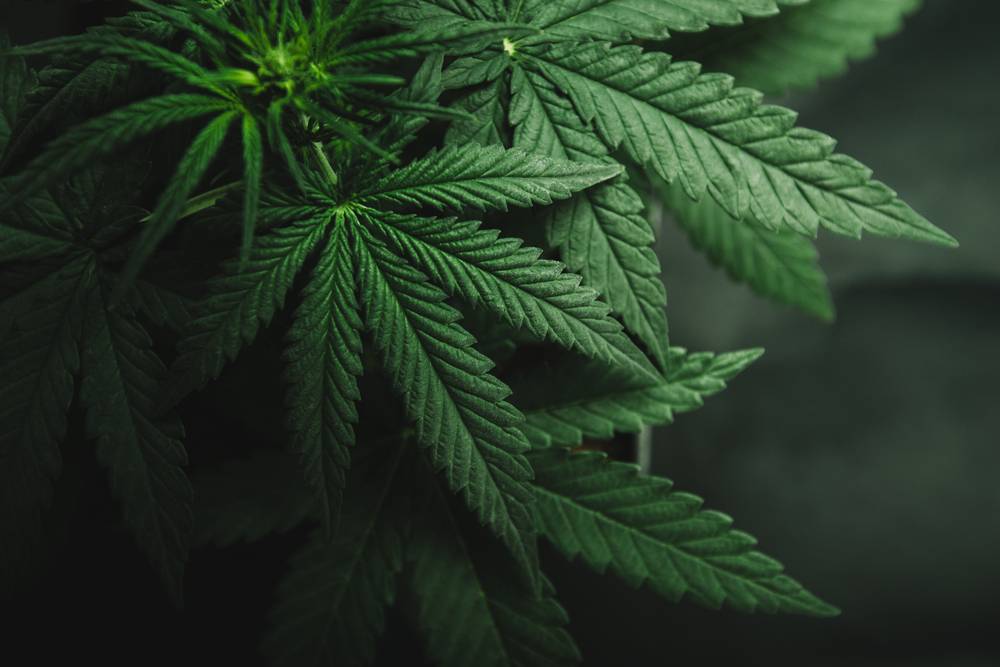New research concluded that alcohol and cannabis are “strong substitutes” for each other.
As marijuana has become legalized in certain states, more effects of legalization are becoming apparent. One thing that’s clear is that there have been benefits that go beyond the medical treatment that many users are prescribed cannabis for—including an overall reduction in alcohol use.
A new working paper by researchers at the University of Connecticut and Georgia State University found that in some states that had legalized medical marijuana, alcohol sales had fallen up to 15%.
The study used Nielsen’s Retail Scanner database to measure alcohol sales and compared states where medical marijuana is legal to states where it is not. It also looked at sales before and after the legalization law passed.
This finding is significant, as the consequences for alcohol use are generally considered to be more severe than for marijuana use. This past summer, in a survey of their consumers by Eaze, a cannabis technology company that facilitates delivery of medical marijuana, the company found that many people who used medical marijuana decreased their alcohol use.
Of the respondents that consumed alcohol, 87% said they had reduced their drinking because of their cannabis use and 13% said they had replaced alcohol completely with cannabis.
And it’s not just alcohol that consumers are replacing with cannabis—of women surveyed by Eaze, 95% who were prescribed opiates reported reducing their use because of their marijuana consumption, and 26% said they’d altogether replaced opiates with cannabis.
As a result of this substitution, a beneficial side effect of marijuana legalization has been a decrease in opioid overdose deaths. A recent study in the American Journal of Public Healthconcluded that marijuana legalization in Colorado had resulted in short-term reductions in opioid-related deaths. Other research has corroborated this trend, noting that fewer prescription painkillers are prescribed in states where cannabis is legal.
The authors of this most recent study about alcohol sales concluded that “marijuana and alcohol are strong substitutes” for each other, The Washington Post reports. As such, public health advocates should take note of the potential for reduced use of more harmful substances, like opioids and alcohol, when considering legalization of both medical and recreational marijuana.


